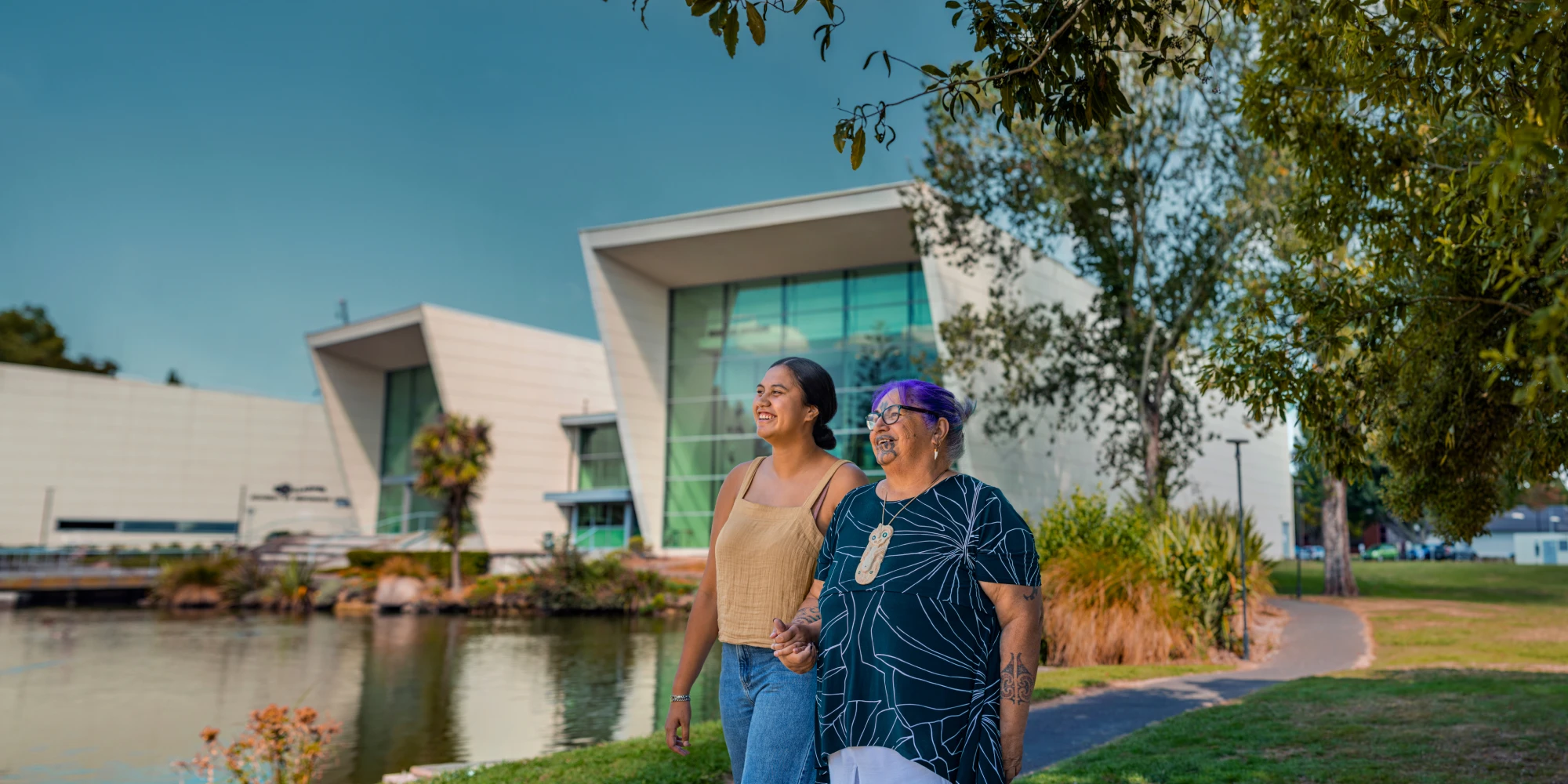Pacific and Indigenous Studies

Why study Pacific and Indigenous Studies?
Pacific and Indigenous Studies focuses on the diverse Pacific region – which covers a third of the earth’s surface and is home to over 1200 languages – as well as on the histories, experiences and perspectives of Pacific people in New Zealand.
Students of Pacific and Indigenous Studies bring a wide range of background knowledge to their studies: from Pacific students who will find their own perspectives are valued and expanded through academic study in this area, all the way through to students who might have little knowledge about the region but bring a desire to learn about where we are.
All students of Pacific and Indigenous Studies learn a lot about the region and where we are, and also practice and develop skills of critical thinking, communication, and analysis of diverse perspectives.
This learning of specific content and skills is underpinned by questions which relate to the people of the Pacific region and the big questions of the 21st century: what does it mean to be human? What is the relationship between knowledge and power? What are the real costs and opportunities related to development, cultural change, and migration? What is the difference between equality and sameness? How do we learn from histories (of greatness and of genocide) in order to shape a better future? What legacy do we want to leave for the 22nd century?
Unlike other New Zealand or regional universities, Pacific Studies at Waikato is paired with Indigenous Studies – because this reflects our approach to the study of the region: Pacific-centred; and guided by the ideas about culture, politics, history, arts, migration and sustainability that underpin Pacific Studies and Indigenous Studies.
Students who major in Pacific and Indigenous Studies at Waikato explore key regional and local issues related to the Pacific through a series of core papers, and also have a chance to focus on areas of their own interest through papers offered by academics working in a wide range of disciplines.
Ever wondered why the 21st century has been described as ‘the Pacific century’?
Career opportunities
- Broadcasting and Journalism
- Educationalist
- Government Policy Analyst
- International Development Practitioner
- Research Consultant
Study Pacific and Indigenous Studies in these qualifications
Scholarships and prizes
Visit our Scholarship Finder for information about possible scholarships.